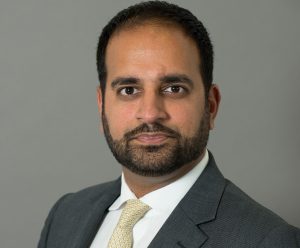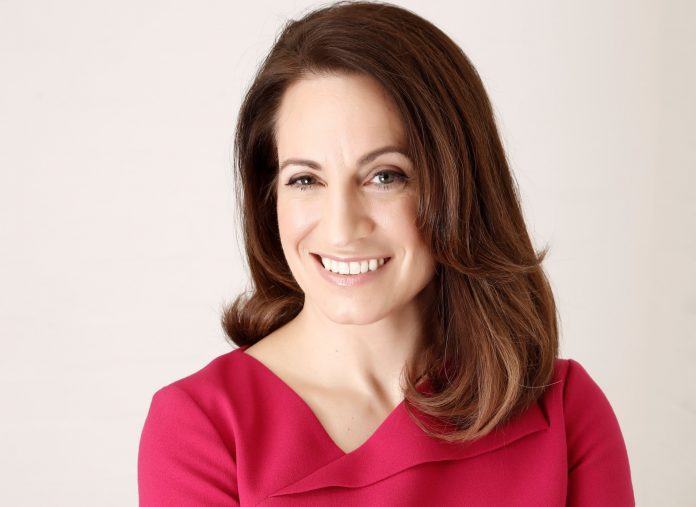With around 25,000 high net worth individuals in Europe, Africa, Asia and the Middle East estimated to transfer US$15 trillion to the next generation by 2030*, the passing on of wealth is high on the agenda of many wealthy families.
Barclays Private Bank’s Smarter Succession: The Challenges and Opportunities of Intergenerational Wealth Transfer research, undertaken by global intelligence business Savanta, identified that senior members of global high net worth families have concerns about delegating the management of their businesses and investments, as well as the next generation’s ability and commitment to manage the family assets. For the younger generation, these concerns are resulting in some feeling less prepared to take over, despite having a sense of duty to carry on the family legacy.
The report shows that the new generation of millionaires in KSA feel a high sense of commitment towards bequest, with other Gulf nations (Qatar and UAE) report similar feelings. Statistics reveal that respondents in the Middle East confer a high value to leaving a positive legacy, which is highly reflective of societal culture in the region, and the importance of shielding and enhancing the family name.
The research is based upon a survey of over 400 global HNW individuals with at least £5 million in assets each, in-depth interviews with 20 HNW families and their bankers and intermediaries, supported by independent behavioural analysis.
Wealth originators cautious to handover family business
Barclays Private Bank’s Smarter Succession research series, found that almost six in 10 (57 per cent) wealth originators among global high net worth families believe that the younger generation (24 to 39-year-olds), are not currently fully prepared to take over the family business, and 40 per cent in the Middle East compared to 63 per cent globally believe that this millennial generation is not as committed to maintaining the established wealth.
The prevalence of international education paths undertaken by many of the younger generation was frequently identified as a key driver in the differences in risk appetite between the generations, with 51 per cent of millennials having completed master’s degrees or higher, compared to 23 per cent of the older generation. The Smarter Succession research series found that with diverse experiences in education and culture, junior members bring new perspectives to family discussions, and as a result, are more likely to want to change the direction of the family business. Nearly six in 10 (58 per cent) family members of all generations say this different outlook on life has created some friction between them.
Many families have already shared some business ownership between the generations though, with 41 per cent of millennials acting as minority co-owners in a family structure. This is not always translating to a share of control, as 57 per cent of senior family members say that they remain the only decision maker for the business strategy.
COVID-19 adds pressure to planning
This pressure on families to successfully arrange wealth transition has been increased by the business challenges created by COVID-19. Almost four in 10 families (38 per cent) are significantly reassessing their financial strategy as a result, and 70 per cent say their overall aims in wealth management have changed, showing that long established wealth transfer plans will likely need to be reconsidered.
Younger generation have a sense of duty to continue the family legacy
In this environment, only 45 per cent of millennials globally currently feel prepared to take over the family business, and an additional 23 per cent feel nervous about the prospect of inheritance. In the GCC, 49 per cent of respondents feel that they are better prepared to run the family business as they have been raised in a business-owning background. In the UAE, Qatar and Saudi Arabia, there is an expectation to take over the family business.
Contributing to a general sense of preparedness, 78 per cent of the younger relatives of family business owners say they have received on-the-job training. Meanwhile, 71 per cent have undergone formal education and 45 per cent report that they have received a large amount of emotional support from family members. Millennials in the Gulf revealed that the family business is discussed with them to a great extent. Consequently, they have a strong sense of commitment and duty towards their inheritance and family business.
94 per cent of millennials globally stated that they expect to be given that responsibility in the future, and 69 per cent have a sense of duty to continue the family legacy, showing that there is an appetite to take on greater responsibility and develop their experience, skill set and advisory network to take the family and its business interests through the next phase of development.

Rahim Daya, Head of Private Banking, Barclays in the Middle East, comments:
“Family businesses across the Gulf Cooperation Council which have prospered in the past, are facing new challenges as a result of the pandemic and falling oil prices. As wealthy investors steer through the COVID-19 crisis, they are becoming more agile and digitally savvy, seeking the latest insights and bespoke advice on how to diversify, manage wealth and achieve their financial ambitions.
“The pandemic is leading many family businesses to review and reevaluate how they will fund their liquidity, longevity and legacy needs. This means that, as wealth managers, we have a growing responsibility toward our clients, as we try to prepare them as much as possible for this new, post-pandemic, operating environment.”
Effie Datson, Global Head of Family Offices, Barclays Private Bank, comments:
“The transfer of wealth between generations is an emotive subject for families and one that has risen to the top of the agenda recently, accelerated by the pressures of COVID-19. It is important for families to have open, honest dialogue about their priorities and concerns, and build trust between the generations. Knowing clients’ priorities and concerns enables us to work with them to ensure their legacy is carried on in the best way for all.
“One way we see families successfully transition wealth between the generations is by establishing strong governance within their family office. By clarifying their values, their investment and management principles, and building a shared vision of the future, the family commits itself to an identity that is forward-looking and focused on building a better world for many generations to come.”











